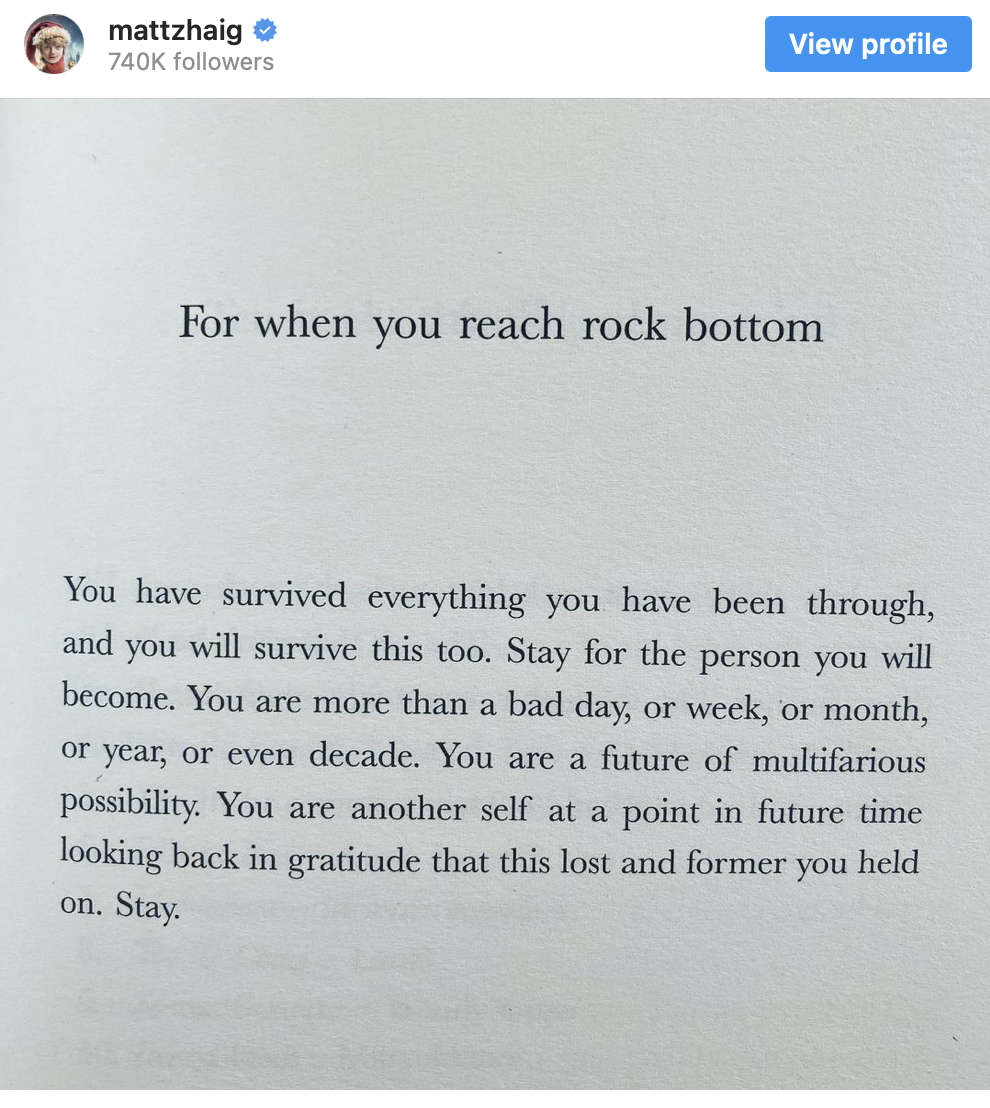
From fast-paced thrillers and murder mysteries to fascinating memoirs and dragon-filled fantasy novels, books can bring us immense pleasure.
There’s something particularly powerful about the way words can transport you to faraway places in your imagination and block out the real world, if only for a while.
Not only is reading fun, it can have a positive impact on our wellbeing too – for both adults and kids.
To mark World Book Day today (March 3), experts explain seven ways reading is a wellbeing booster…
1. Stress relief
“When we read, we focus on the narrative and can get lost in the depth and texture of the story, thereby halting intrusive and repetitive thoughts that may trigger the stress response,” says Dr Meg Arroll, a chartered psychologist working with Healthspan. “In this manner, reading can also help with low mood and depressive symptoms,” as well as “raised blood pressure, heart rate and feeling overwhelmed”.
There’s a reason reading to children before bedtime is so popular, says Prof Margareta James from the Harley Street Wellbeing Clinic: “Sharing and enjoying a book together is a lovely way to relax. It promotes bonding and allows [children] to escape from the world in a fun way, and immerse themselves in a great story.”
Noel Janis-Norton, director of Calmer Parenting, encourages parents to pass on their love of reading: “Children, teens and adults who regularly read for pleasure have a built-in skill and habit that stands them in good stead when they are feeling sad, angry, worried, jealous or disappointed.”
2. Increases empathy
Whether it’s a tragic true story or an engrossing novel, reading gives us “a unique insight into the lives of others and, by exploring characters, their struggles, relationships and feelings,” says Dr Arroll.
“In psychology we call this the ‘theory of mind’, where we can put ourselves into others’ shoes, see alternative points of view, attribute beliefs, feelings and desires, all of which helps us to have good quality social relationships.”
3. Emotional awareness

Stories are particularly important for helping kids to feel sympathy for other people.
Prof James says: “For young children, it is difficult to connect emotions with words. So, when they read about different characters’ emotions in stories, it helps them learn about and express their emotions better, whilst also developing their self-awareness and empathy.”
4. Social bonds
“Stories are often children’s first encounters with strong emotions in a safe way,” Prof James says, such as going on imaginary adventures and battling evil forces.

“When they share a book with someone, it also helps them with discussing their thoughts, and sometimes worries, about different topics, whilst improving their socio-emotional skills.”
5. Bibliotherapy
Self-help books and novels alike can have a life-changing effect, imparting knowledge about physical and mental health conditions or changing your perspective at a crucial time.


“Bibliotherapy is an approach in which information, support and guidance is provided within a book for the reader to explore and process in their own time,” explains Dr Arroll.
For a list of useful titles for adults and children, chosen by members of the public and experts, visit the Reading Wellwebsite (reading-well.org.uk).
6. Cognitive skills
“When children are competent, confident, and enthusiastic readers, they learn more, they remember more, they enjoy school more, and they get better marks and better exam results,” says Janis-Norton.
Reading also encourages kids to be curious about different topics and it has, Prof James says: “A number of cognitive benefits as well, including helping children with improved vocabulary, and an ability to focus and then re-tell the story whilst improving their memory.”
7. Self-esteem and confidence
When reading helps youngsters improve at school, it has two knock-on effects, Janis Norton says: “It opens up more opportunities for that child, and it boosts his or her self-esteem and self-image.”
Plus, the characters they read about can act as positive role models, she adds: “I’ve known instances of both boys and girls having improved their social skills, their empathy, their habits, even their determination to do well at school by imitating, often unconsciously, the characters in beloved books.”


 Five Of The Most Wondrous Ancient Ruins In The World
Five Of The Most Wondrous Ancient Ruins In The World
 Five Of The Most Inhospitable Places on the Planet
Five Of The Most Inhospitable Places on the Planet
 Five Animals You Wouldn’t Believe Are Kept as Pets
Five Animals You Wouldn’t Believe Are Kept as Pets
 Five Most Pet-Friendly Destinations in the UK
Five Most Pet-Friendly Destinations in the UK
 Five UK Valentine's Destinations Perfect For A Night Away
Five UK Valentine's Destinations Perfect For A Night Away



 More Than 70 Driving Offences Dealt With Over Two Days On Isle Of Wight Roads
More Than 70 Driving Offences Dealt With Over Two Days On Isle Of Wight Roads
 Wightlink Technical Problems Lead To Cancellation Of All Fishbourne-Portsmouth Crossings
Wightlink Technical Problems Lead To Cancellation Of All Fishbourne-Portsmouth Crossings
 Contentious Plans For New 7,245 Square Metre Commercial Park Appealed
Contentious Plans For New 7,245 Square Metre Commercial Park Appealed
 Wightlink Crossings Cancelled Due To Engine Issues
Wightlink Crossings Cancelled Due To Engine Issues